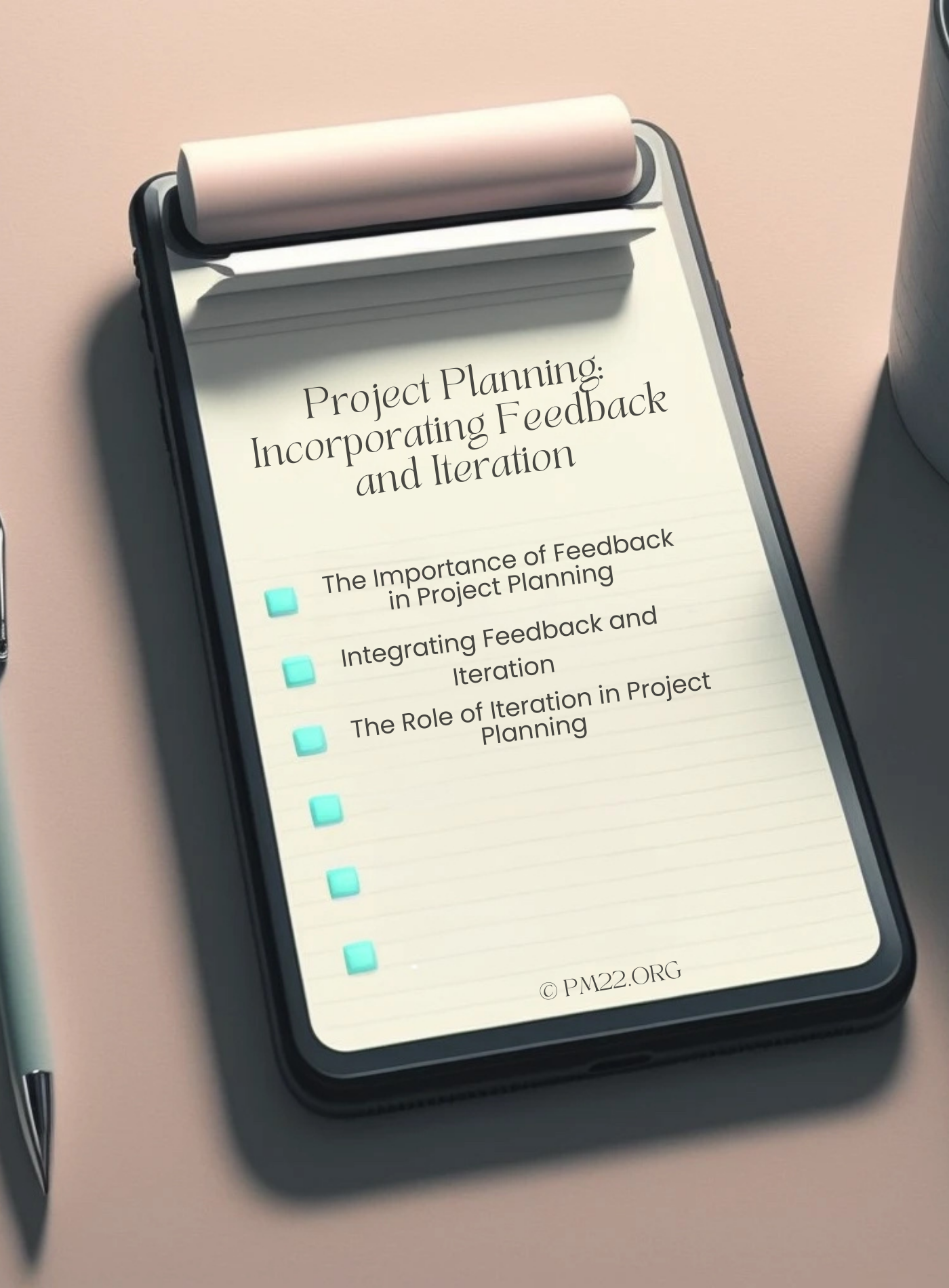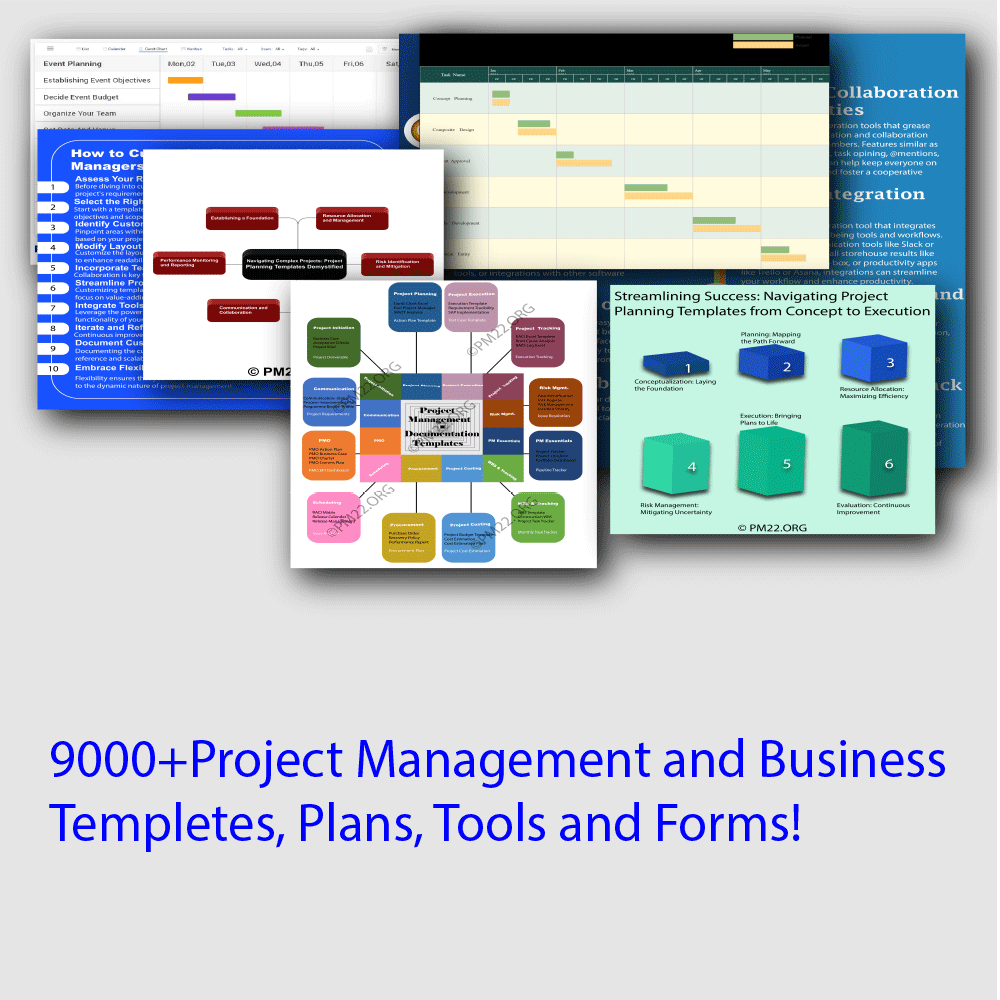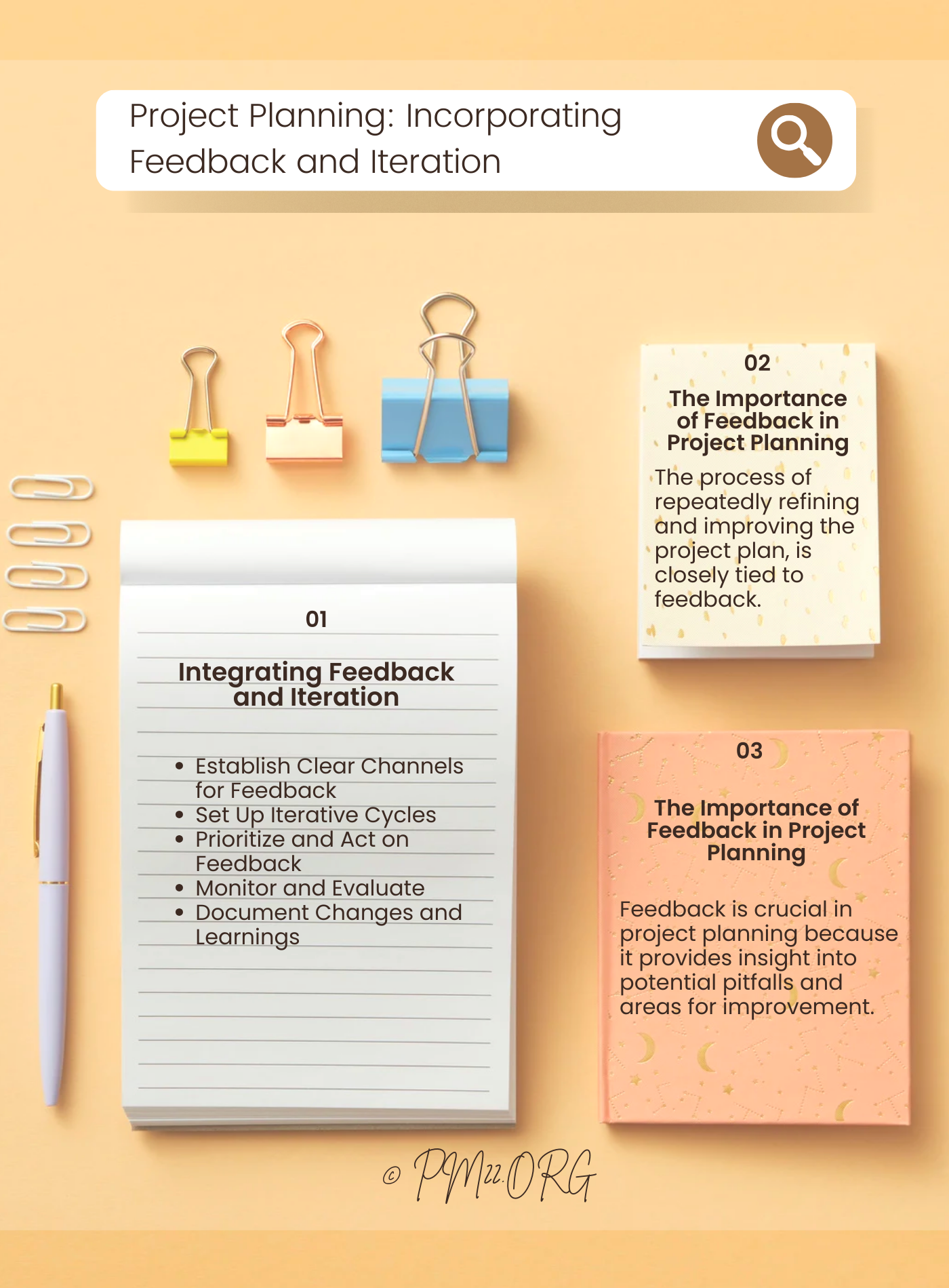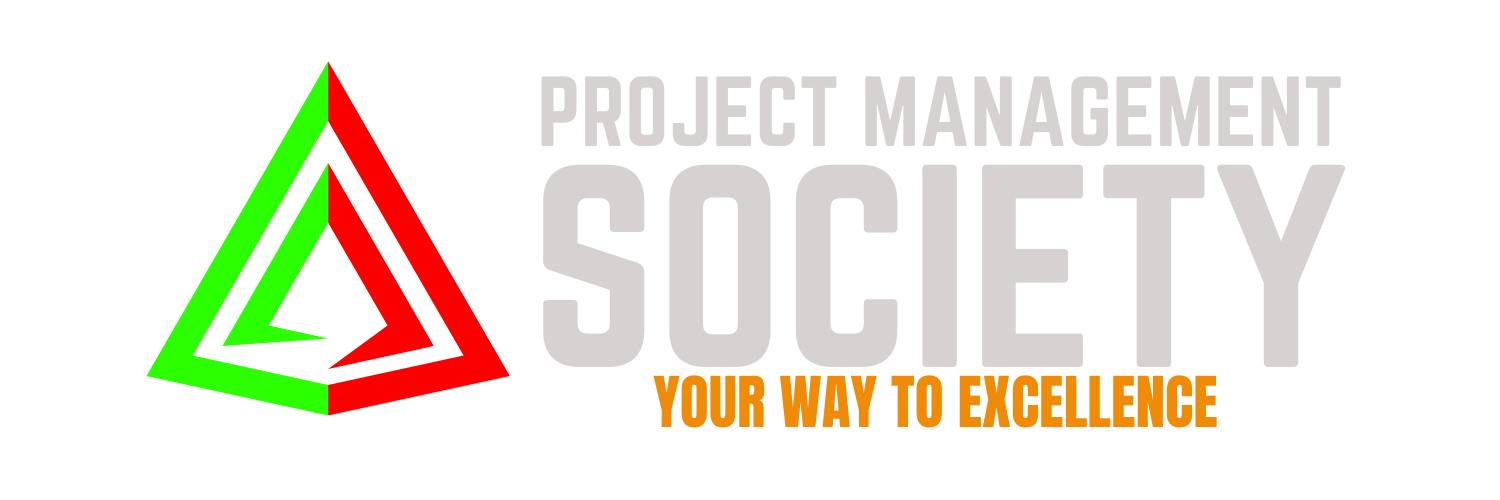 Project planning is a multifaceted process that involves envisioning the project’s end goal, outlining the steps to reach that goal, and ensuring that the project stays on track. An essential component of successful project planning is incorporating feedback and iteration. This approach not only refines the project’s trajectory but also enhances its overall quality and adaptability.
Project planning is a multifaceted process that involves envisioning the project’s end goal, outlining the steps to reach that goal, and ensuring that the project stays on track. An essential component of successful project planning is incorporating feedback and iteration. This approach not only refines the project’s trajectory but also enhances its overall quality and adaptability.
The Importance of Feedback in Project Planning
Feedback is crucial in project planning because it provides insight into potential pitfalls and areas for improvement. It can come from various sources, including team members, stakeholders, and even customers. Each of these groups offers unique perspectives that can help identify weaknesses in the plan and suggest improvements.
For instance, team members who are directly involved in the execution of tasks may notice practical issues that planners might overlook. Stakeholders, who are often concerned with the project’s alignment with business goals, can provide feedback on strategic aspects. Meanwhile, customer feedback can ensure that the project meets user needs and expectations.
Incorporating feedback effectively requires a structured approach. Regular feedback sessions, such as weekly meetings or milestone reviews, can be scheduled to discuss progress and gather input. Additionally, creating an open and inclusive environment where team members feel comfortable sharing their thoughts is essential. This can be facilitated through tools like anonymous feedback forms or suggestion boxes.
CLICK HERE TO DOWNLOAD 300+ PROJECT MANAGEMENT TEMPLATES & DOCUMENTS IN EXCEL
The Role of Iteration in Project Planning
Iteration, the process of repeatedly refining and improving the project plan, is closely tied to feedback. Iterative planning allows for adjustments based on the feedback received, making the project more adaptable and resilient to changes.
An iterative approach breaks down the project into smaller phases or cycles. At the end of each cycle, the project plan is reviewed and adjusted based on the outcomes and feedback from the previous phase. This continuous loop of planning, executing, reviewing, and revising ensures that the project remains aligned with its objectives and can adapt to any new challenges or opportunities that arise.
Integrating Feedback and Iteration
Combining feedback and iteration creates a dynamic and responsive project planning process. Here’s how to integrate them effectively:
- Establish Clear Channels for Feedback: Create formal mechanisms for gathering feedback. This could include regular progress meetings, surveys, or a feedback management system. Ensure that all stakeholders know how and when they can provide input.

- Set Up Iterative Cycles: Divide the project timeline into short, manageable cycles. At the end of each cycle, review the feedback received, assess the progress made, and update the project plan accordingly. This helps in keeping the project flexible and responsive to change.
- Prioritize and Act on Feedback: Not all feedback will be equally valuable. Prioritize feedback based on its impact on the project’s goals and feasibility. Develop an action plan to address the most critical feedback in the next iteration.
- Monitor and Evaluate: Continuously monitor the effects of implemented changes and evaluate their success. This helps in understanding which strategies are working and which need further adjustment.
CLICK HERE TO DOWNLOAD 300+ PROJECT MANAGEMENT TEMPLATES & DOCUMENTS IN EXCEL
- Document Changes and Learnings: Keep a record of all feedback received, changes made, and the outcomes of those changes. This documentation can serve as a valuable resource for future projects and helps in building a knowledge base within the organization.
Conclusion
Incorporating feedback and iteration into project planning transforms a static plan into a living document that evolves with the project. This approach not only mitigates risks and addresses issues proactively but also fosters a culture of continuous improvement. By valuing and systematically integrating feedback, and adopting an iterative process, project managers can significantly enhance the chances of project success, ensuring that the outcome is as effective and efficient as possible.
